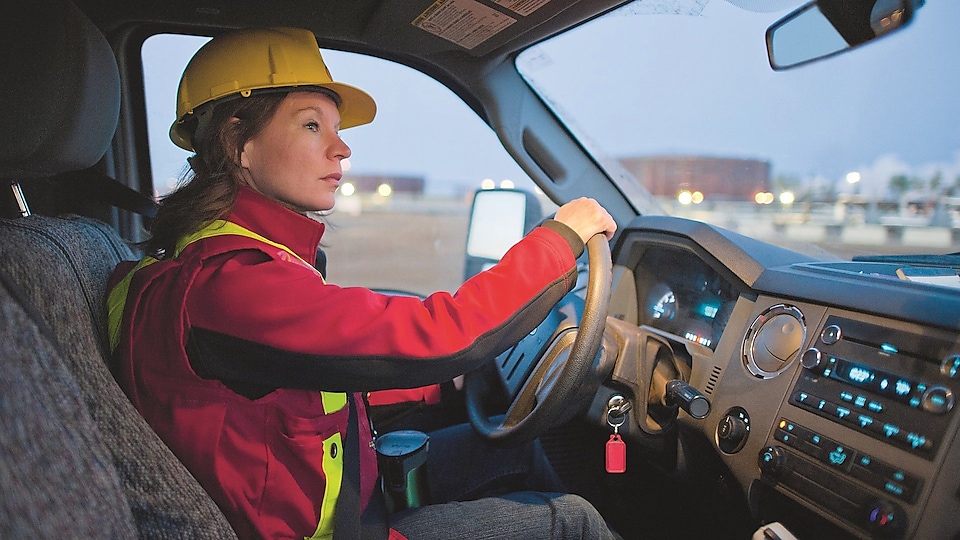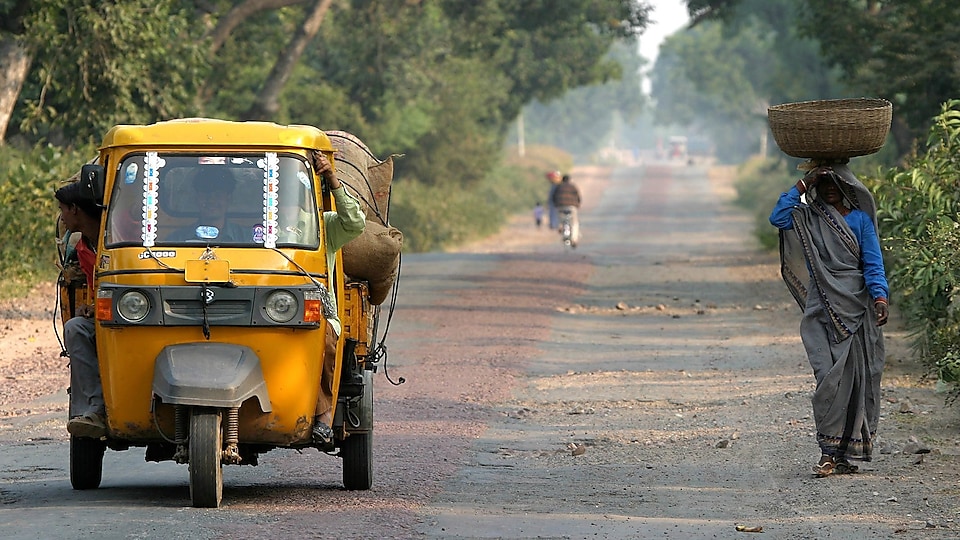
Our approach to transport safety
Safety is a key concern for our road, maritime and aviation activities. These can include moving people, delivering products or transporting goods and equipment to and within the areas where we operate.
Risks vary depending on the local environment and the types of transport we use. We develop best-practice standards within Shell, and work with specialist contractors, industry bodies, non-governmental organisations and governments.
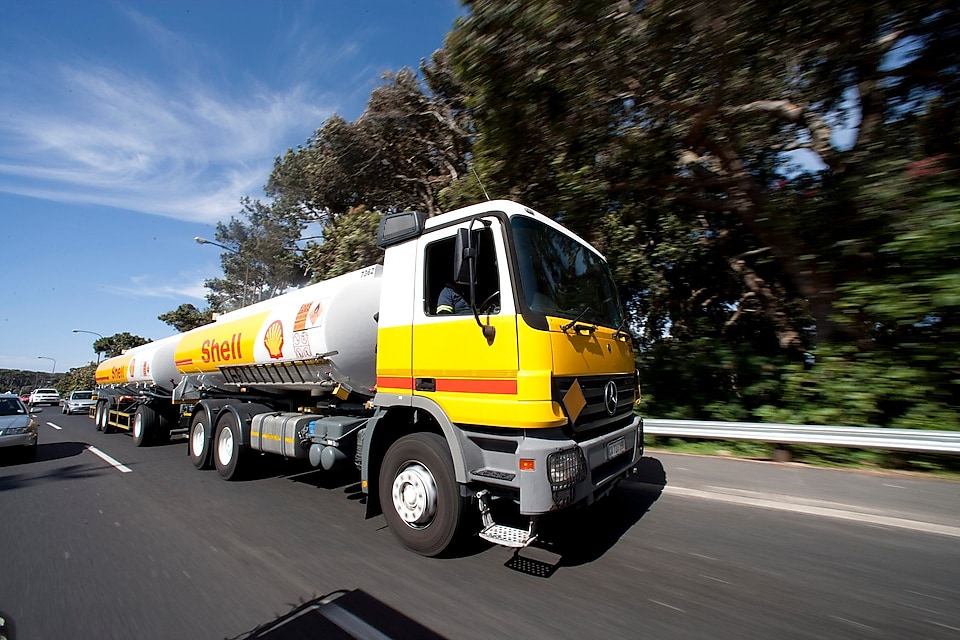
Road safety
Transportation is intrinsic to our business activities. Shell employees and contractors drive a combined distance of around 575 million kilometres (357 million miles) each year in more than 60 countries, including in remote locations.
Our road safety approach focuses on driver skills and behaviour, as well as the condition of the vehicle, road and local environment. It is supported by our global road safety standards and includes routine audits of the road safety capabilities of our contractors as well as our mandatory defensive driving training course. This course teaches safe driving techniques and behaviour, with an overall aim of reducing risks.
Our employees and drivers are required to follow Shell’s Life-Saving Rules. These include following a prescribed route for road journeys, wearing a seat belt, not using mobile phones or any other devices while driving and adhering to speed limits.
We set high requirements for vehicle safety. In-vehicle monitoring systems (IVMS) are in place in many of our vehicles. They provide information on driver behaviour across a range of areas such as speeding, harsh braking and seat belt compliance and are used to support drivers to drive safely. In some locations, cameras in heavy good vehicles and buses are used in conjunction with IVMS to coach drivers.
We want Shell drivers to be safe at all times, but we also try to reduce the need to use road transport in the first place: the safest journey is the one not taken. A number of our large projects have successfully reduced the amount of road travel needed. For example, during construction at a chemical complex expansion we provided accommodation for personnel on the project site. Other projects use buses to transport workers, and marine vessels and trains to transport equipment which reduce exposure on the roads.
We share our road safety experience and knowledge proactively with other companies, governments, non-governmental organisations and local communities. Together with universities and private sector partners we participate in research projects to better understand driver behaviour and fatigue. We are a member of the Global Road Safety Partnership
Find out more:
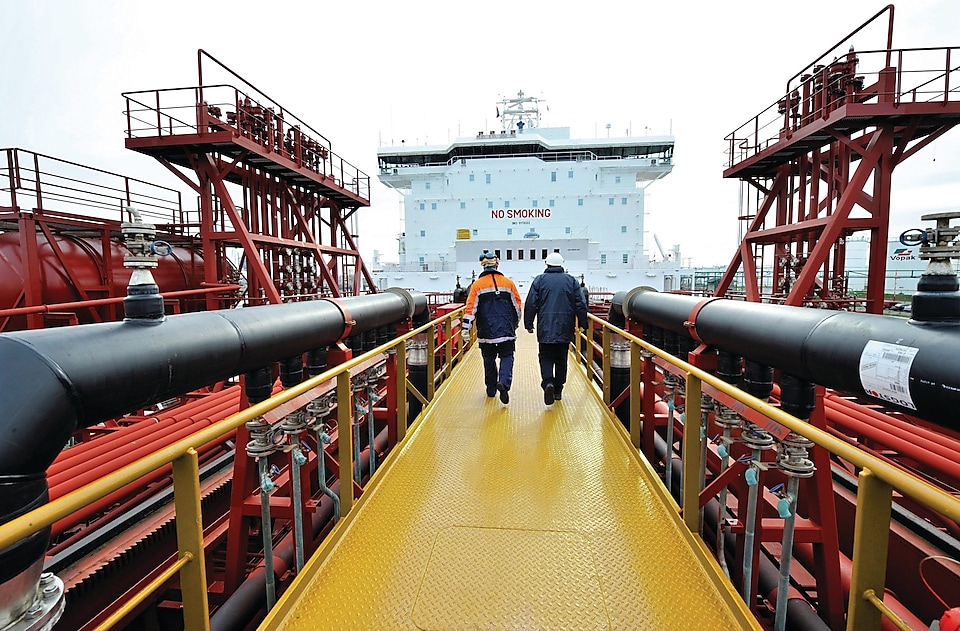
Maritime safety
Shell is one of the world’s largest charterer of ships, with over 1,500 vessels associated with the business that transit the world’s oceans and rivers each day. We have a company-wide ship quality assurance standard that is aimed at reducing safety incidents, accidents or oil spills from bulk transport ships.
In 2012 Shell created its Maritime Partners in Safety programme. This network of 500 maritime partners with whom Shell does business focuses on raising safety standards. Our partners include ship owners, supply boat operators, charterers and a range of others. Since its inception, this programme has led to better safety leadership and behaviour and has reduced the number of serious or potential incidents threefold.
Find out more:
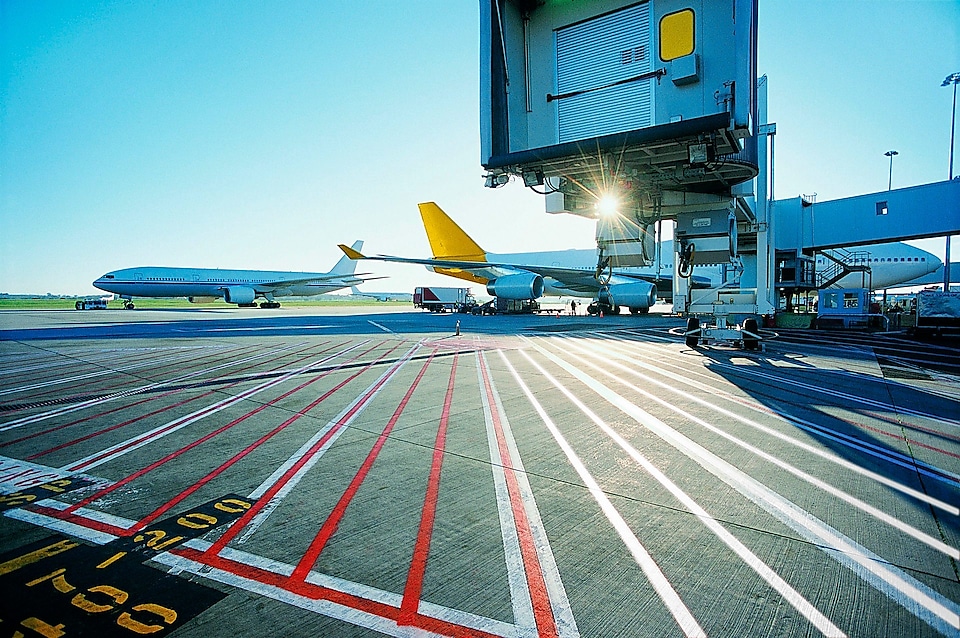
Aviation safety
At over 900 airports in more than 36 countries, Shell’s aviation business provides fuel for almost two million aircraft each year. This amounts to approximate refueling operations every 14 seconds. Shell Aviation’s customers range from the private pilot to the largest global airlines. Achieving and maintaining class-leading health, safety, security, environmental (HSSE) and product quality performance is our main priority. The ‘Shell Aviation Goal Zero’ scheme recognises those locations that achieve and maintain a high level of HSSE focus and outstanding performance.
Shell Aircraft, a separate organisation from Shell Aviation, focuses directly on the safety of the passengers who fly on business for Shell. These can be Shell travellers using scheduled airline flights to attend meetings or the thousands of passengers who fly by helicopter to offshore locations every day. Within Shell Aircraft, a small team of aviation safety professionals provide technical advice that helps Shell businesses to manage air transport risk. Shell Aircraft develops specific contractor safety requirements based on research It also works directly with aviation regulators and industry groups to support aviation safety improvements across the oil and gas business.
More in Sustainability
Driver safety
We enforce road safety standards no matter where we operate and run road safety programmes globally to keep our drivers – employees and contractors – safe.
Community road safety
Shell is running road safety programmes for adults and schoolchildren in many local communities.
You may also be interested in
The road to better safety
In one of the world’s most productive oil fields, shale operators have put competition aside to join in a common cause: making roads safer. Inside Energy reports.
Aviation
With one of the most extensive refuelling networks in the world, Shell Aviation supplies fuel, lubricants, and sustainable solutions in more than 60 countries. Customers range from the world’s largest airlines to private pilots. We actively collaborate across the industry to deliver more sustainable solutions for aviation.
Shell Shipping & Maritime
Shell Shipping & Maritime is based in London, with specialist centres in Houston, The Hague, Singapore, Perth and Tokyo - networked to maritime professionals across the globe.
